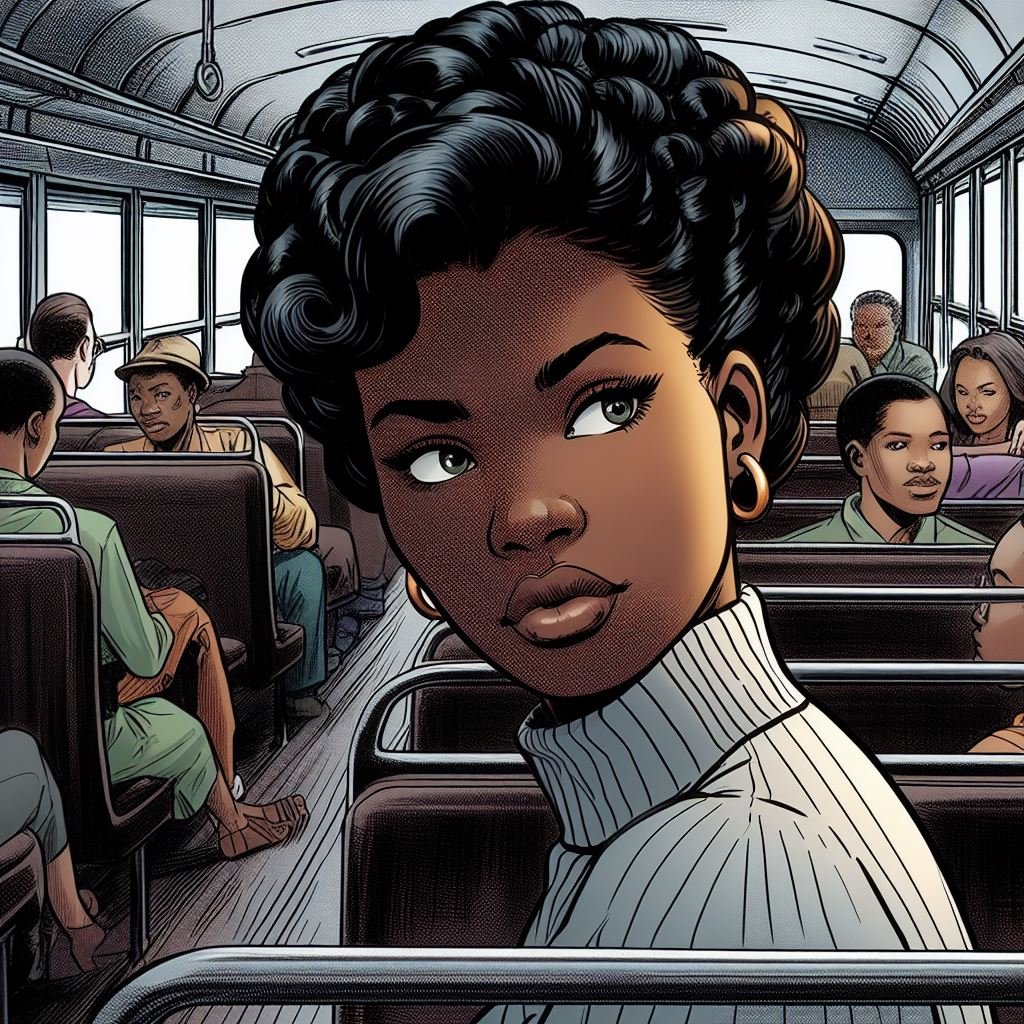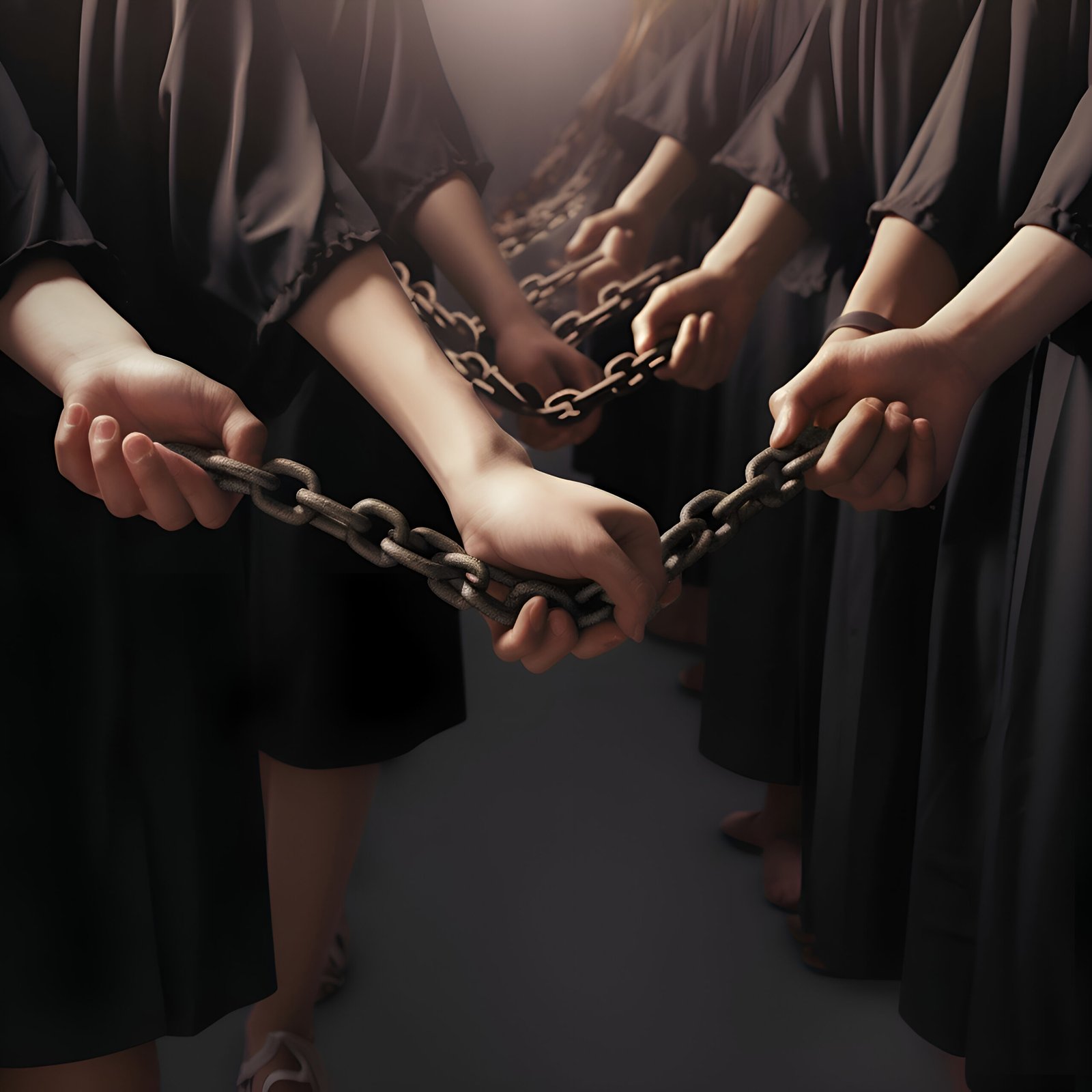How Did Nelson Mandela Overcome Challenges & Ignited A Change

Nelson Mandela’s name stands out as a symbol of hope, perseverance, and unflinching commitment to justice. Mandela, who spent 27 years in jail for fighting apartheid in South Africa, emerged not as a broken man, but as a leader who advocated for forgiveness and healing. How did Nelson Mandela overcome challenges that would have broken most people’s spirits? This post is more than simply a historical record; it’s a stirring examination of human endurance and the continuing strength of the battle for equality.
A Life Formed in Struggle: The Seeds of Resistance
Nelson Mandela was born into the Thembu royal family in 1918, and his upbringing instilled in him a strong sense of justice and a great respect for tradition. Witnessing apartheid’s abuses directly kindled a passion inside him. He joined the African National Congress (ANC), a political group that promotes the rights of the Black majority, and soon advanced through the ranks. Mandela’s leadership and dedication to nonviolent struggle inspired the downtrodden.
Face the Brutal Reality: Obstacles on the Path to Freedom
Mandela’s struggle for independence was beset with enormous hurdles.
- The Crushing Grip of Apartheid: Apartheid laws separated Black South Africans from the white minority, denying them basic rights and opportunities. Mandela’s nonviolent protests were greeted with harsher official violence.
- Betrayal and Imprisonment: In 1962, Mandela was imprisoned and accused of sabotage. His renowned “Rivonia Trial” address, in which he reaffirmed his commitment to a democratic and free South Africa, established his legacy as a symbol of resistance. He was condemned to life imprisonment.
- Solitary confinement and isolation: Mandela endured 18 years on Robben Island, suffering physical and psychological suffering. Even in seclusion, his soul remained unbroken.
The Unbreakable Will: Strategies for Withstanding Oppression
Mandela’s unrelenting commitment and strategic approach helped him overcome these enormous challenges:
- The Power of Education: Despite his limited means, Mandela continued to educate himself in jail, reading voraciously and engaging in intellectual debates with other convicts.
- Maintaining Dignity and Leadership: Mandela refused to allow his circumstances to define him. He kept his cool, winning the respect of even his jailors, and continued to inspire optimism behind the prison walls.
- Embracing Forgiveness and Reconciliation: Mandela recognized the importance of healing and realized that revenge could not lead to true emancipation. He promoted forgiveness and reconciliation as pillars of a future in South Africa.
A Legacy of Unity: The Triumph of the Human Spirit
How did Nelson Mandela overcome challenges and make such a significant impact? Mandela emerged from jail as a global figure, thanks to his steadfast perseverance, dedication to nonviolent resistance, and vision of a unified South Africa. He negotiated the end of apartheid, becoming the country’s first Black president in 1994. His leadership brought about a new age of peace, forgiveness, and healing.
Lessons for Our Times: The Enduring Power of Hope
Nelson Mandela’s tale goes beyond history. It provides great lessons for conquering problems in our own life.
- Resilience in the Face of Adversity: No matter how severe the circumstances, strength can always be found inside.
- The Power of Education: Lifelong learning gives us the knowledge and capabilities we need to face difficulties.
- Leadership by Example: Live your ideals despite tyranny, and encourage others to do the same.
- Forgiveness and Reconciliation: Often, healing and development are gained by extending a hand rather than a fist.
Nelson Mandela’s legacy shows us that even the most apparently insurmountable challenges can be overcome with unflinching optimism, devotion, and a desire to build a better future for everyone. His narrative is a stunning monument to the lasting strength of the human spirit, as well as the transformational effects of forgiveness and compassion. Let his journey encourage us to tackle our own obstacles with bravery, resilience, and a desire to contribute to a more fair and equal society.





